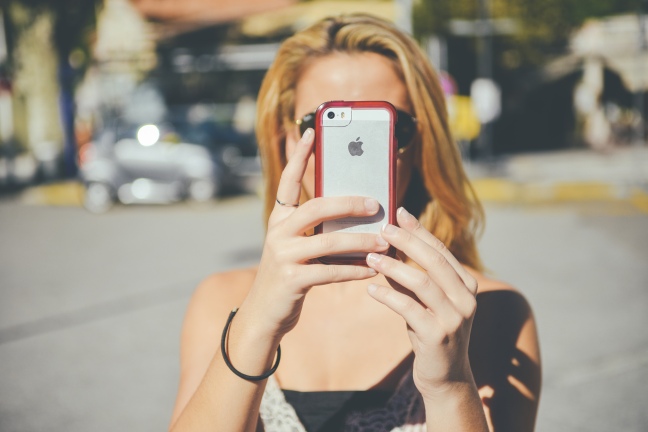Some days, I talk to my co-workers about mundane things like the weather or what I had for dinner. Other days, it seems, the conversation is doomed to descend into a racist, xenophobic, and often factually incorrect rant about immigrants, the EU, and the ‘destruction of England’. This seems to be inevitable in a country which, until recently, I considered to be part of Europe (my American education never disputed that idea and it is, you know, right there next to it). Men carry bags, people go to cafes for lunch and tea, they have a queen: Europe! Many of the residents, though, would be strongly opposed to that assumption, and would likely voice their opposition very loudly. Central to all these conversations is the assertion that ‘Some day, there will be no one truly “English” left in England’, an assertion I find really laughable. After all, the government deemed me to be ‘English’ enough for it to say so on my passport, and I still get confused by the difference between ‘chips’ and ‘crisps’ sometimes.
As a person who hails from a country often referred to as ‘the melting pot’, and specifically from a state where white, English-speaking Americans (‘real Americans’ as many unabashed bigots would happily tell you) are often in the minority, I find this strange conversation to have heavily racist undertones. The same person who will tell you that ‘Englishness’ is under threat will start the next statement with ‘I don’t mean to be racist, but…’, leading me to roll my eyes and immediately exit the conversation. (If you don’t mean to be racist, I think, you should probably just not say what ever it is you are about to say). After all, no one has ever confronted me about my easy citizenship, granted to me simply because my biological father happens to be from England. And, if you wanted to be really pedantic about it, you could point out that my fathers family is actually from Scotland originally, and therefore isn’t really even English at all. I may very well have distant cousins who recently marched in the streets for their independence from the British Parliament.
But what really strikes me as interesting in all this is the idea of ‘Englishness’. What, I find myself asking the speaker, does it mean to be ‘English’? What is this ‘Englishness’, and how exactly is it threatened by immigrants and refugees? Once, in the US, we had this crazy idea that all you had to do to be ‘American’ was to live in America. People came from all over the world simply to become American, and once they were granted that privilege they took great pride in their new titles. However, in England, this doesn’t seem to be the case. People who immigrate to England, it seems, often still identify as whatever they were before they arrived. I remember my confusion is university when a girl introduced herself to me as ‘from New Delhi but grew up in Islington’. I though, if you grew up in Islington, aren’t you English? After all, I’m from Nottingham but I grew up in Alabama, and despite my issues with the title I still identify myself as American most of the time. It seems, then, that ‘Englishness’ isn’t something people particularly want. Why then are we defending it with so much anger and vitriol?
Continue reading ‘Englishness’










